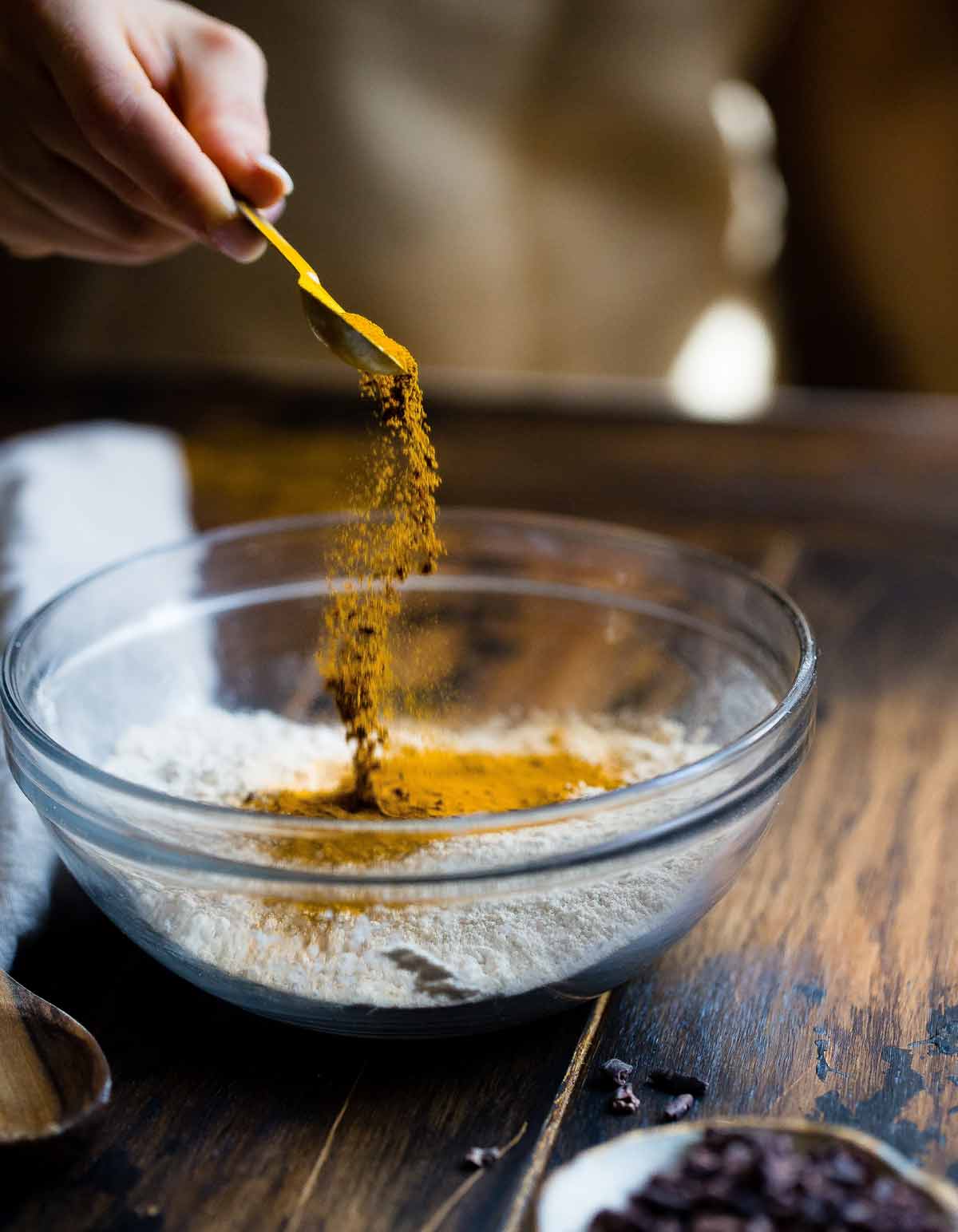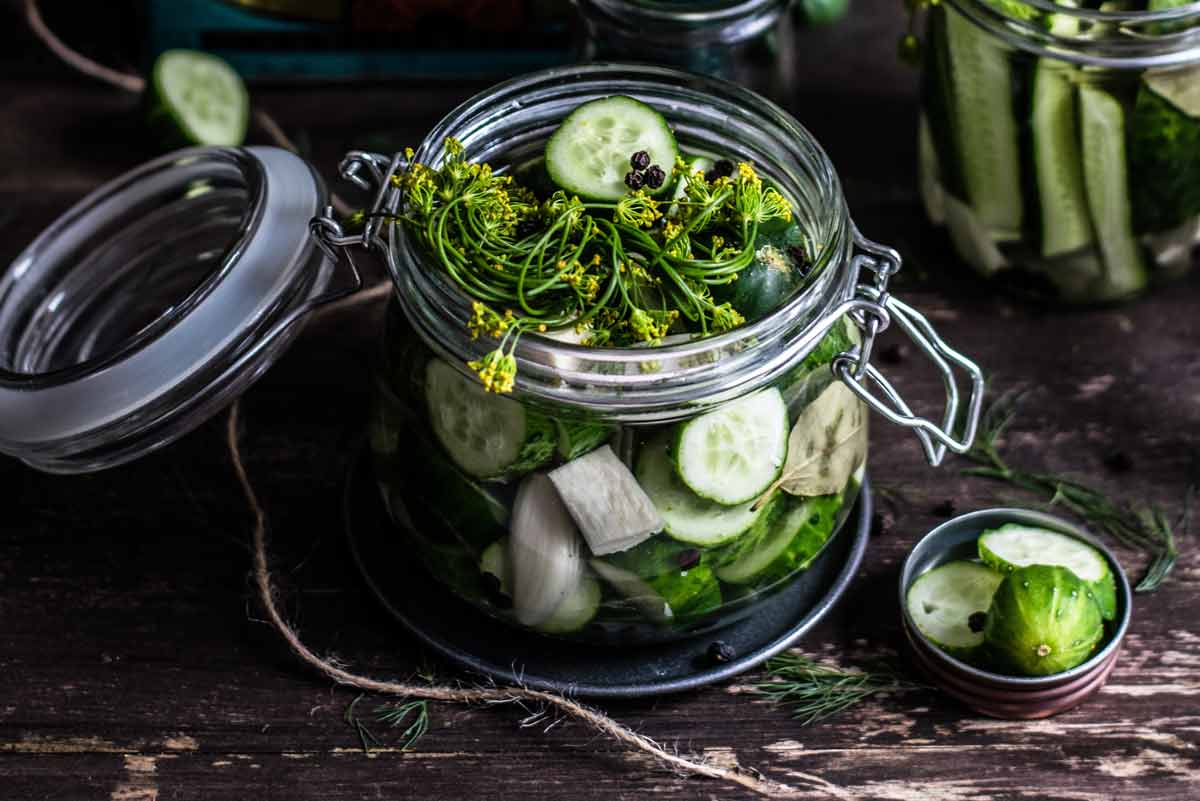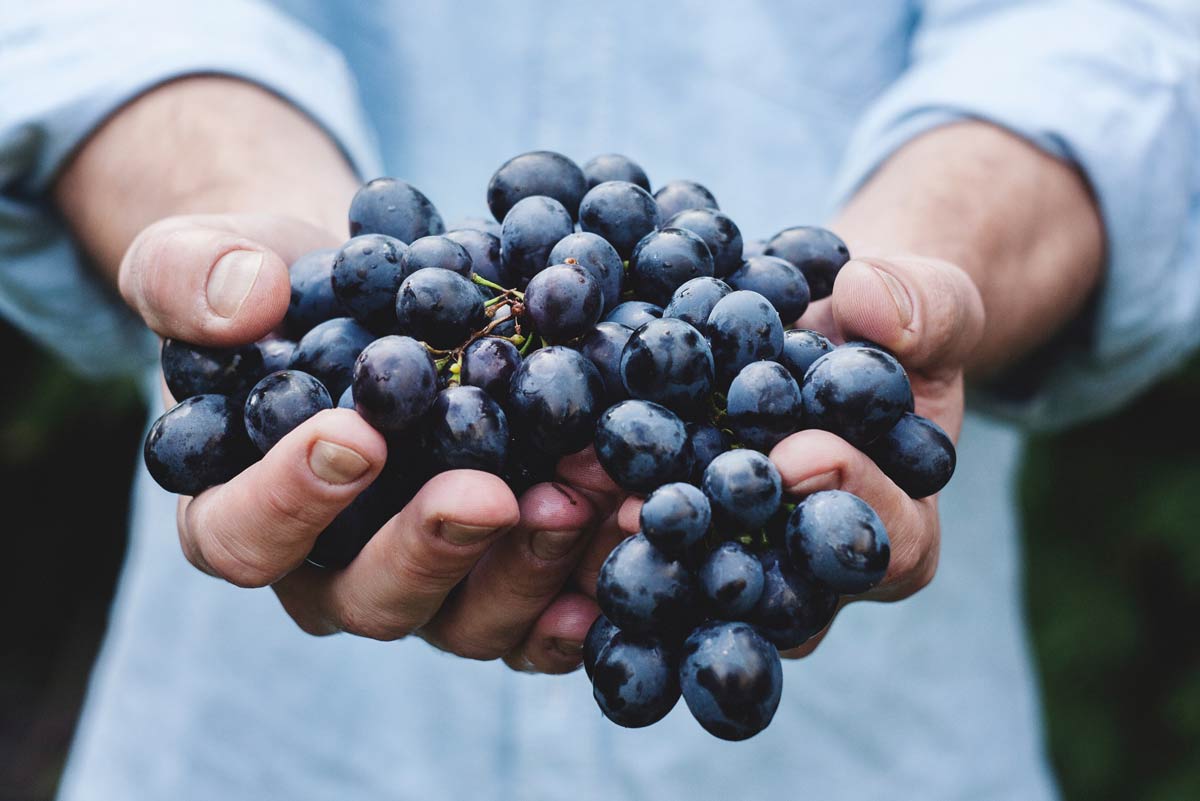From a Ayurvedic point of view, a flexible body is essential for our vital force.Our chakra and prana moves more freely throughout the body, and an extended range of motion rewards us with a sense of achievement and fulfilment. That is why many yogis who seek to gain a higher flexibility naturally eat foods that Ayurveda, the sister science of yoga, deems beneficial for the body.
“No medicine can compensate for un-healthy living.” ~ Renu Chaudhary
Here are some of these foods, all of which are high in water content or aid in hydration:
Fruit
Nothing is more nourishing and hydrating than fruit (aside from water). Ripe fruit that is at the peak of juiciness and easily digestible will quickly aid in lubricating the entire system, even your joints. Plus, fruit consumption boosts your immune system. Enjoy with cinnamon, nutmeg, ginger, star anise, or vanilla to up the benefits and flavour.

Sesame Seeds
Highly digestible and offering a bounty of calcium, sesame seeds are quite prized in Ayurvedic medicine. You can incorporate sesame seeds by using tahini, a seed butter made from sesame, sprinkling seeds on your noodles or salads, or cooking with sesame oil. Other seeds that help digestion are flaxseed and chia, because of their omega 3 and 6 fatty acids.
Turmeric
The anti-inflammatory properties of turmeric are often used by yogis to help heal their muscles. This herb improves blood circulation, detoxes the lymphatic system, and relieves stiffness in the joints. An all-round miracle ingredient that can be added to dressings, soups, herbal teas or how about a warming coconut milk elixir! 
Ginger
Despite being a well-known medicinal herb and superfood, how committed are you to putting ginger in your dishes? Now, you have another reason. Ginger has a stimulating effect on blood circulation, is an anti-inflammatory, anti-rheumatic, and digestive. What does this mean for flexibility? On cold days, when your stretch is limited, drink some ginger tea. The heat will dissolve toxins, wash away the chill, and lift your mood.
Vegetables
The silicon found in vegetables, especially dark, leafy green vegetables, is essential for connective tissues like your ligaments and tendons. Be sure to load your dinner plate with asparagus, spinach, cabbage, edible weeds, lettuce, green beans, sprouts and stems.

Seaweed (and plant-based protein)
Plant-based protein, especially that from sea vegetables, is one of the richest sources of iodine and other minerals. That includes chlorophyll, potassium, calcium, and natural sodium, all of which support healthy connective tissue. Kelp, wakame, agar, dulse, and nori are all edible seaweeds that taste delectable in a variety of dishes.
Foods to Avoid
There are some foods that reduce your flexibility because of their dehydrating nature. Though it is okay to have these items once in awhile, it is not recommended to have them prior to a yoga practice. These are foods are:
- Red Meat
- Alcohol
- Refined and processed junk food

Food is medicine…
and it is also one of the most natural ways to gain some flexibility. Add these special foods to your diet. You are guaranteed to see an improvement in your flexibility! Plus, you will feel better too. Bon appetite!



Leave A Comment